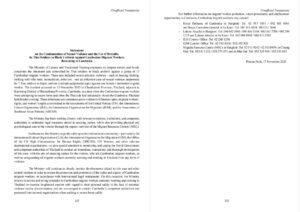Thai Authorities Scramble To Fix Scammer Crackdown Gone Wrong
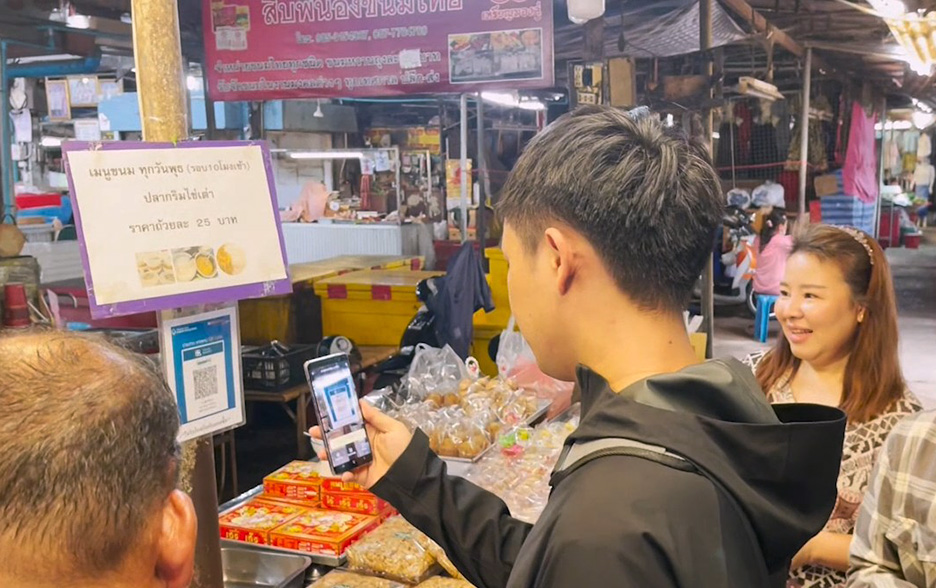 Market vendors in Surin province continue accepting QR code payments despite worries about account freezes, as most customers no longer carry cash, September 15, 2025
Market vendors in Surin province continue accepting QR code payments despite worries about account freezes, as most customers no longer carry cash, September 15, 2025
BANGKOK — Thailand’s well-intentioned crackdown on online scammers has backfired spectacularly, turning from a law enforcement success story into a bureaucratic mess that has ensnared thousands of innocent citizens in its digital dragnet.
What was supposed to be a targeted strike against criminal networks instead became an indiscriminate sweep that froze the bank accounts of ordinary merchants, small business owners, and everyday workers across the country.
The crisis became apparent over the weekend when social media exploded with complaints from ordinary people—shop owners, street vendors, and regular workers—who discovered their bank accounts had been frozen without warning. Panic spread quickly, with long queues forming at ATMs nationwide as people rushed to withdraw cash, fearing they might be next.
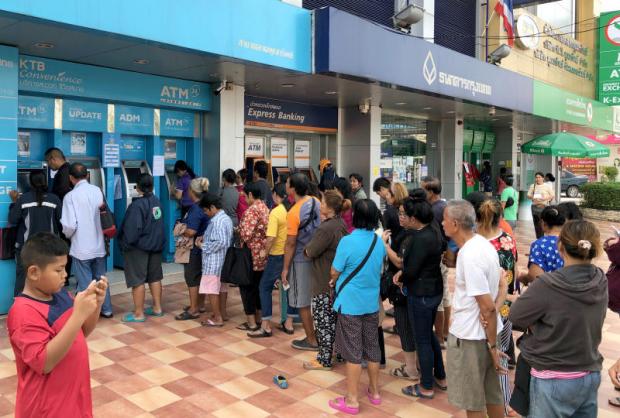
A System Cast Too Wide
The problem stems from Thailand’s aggressive approach to tracking dirty money. When authorities trace suspicious financial flows, they don’t just target the obvious criminals—they freeze every account that money has touched, hoping to recover funds for scam victims. But this shotgun approach has swept up countless innocent people whose only crime was receiving legitimate payments that somehow crossed paths with criminal money trails.
“It takes victims about 20 hours on average to realize they’ve been scammed and report it,” explained Daranee Saejoo, an assistant governor at the Bank of Thailand. “By then, criminals have had plenty of time to move money around, buy things, and create more transactions. So we have to cast a wide net to catch as much as possible for victim compensation.”
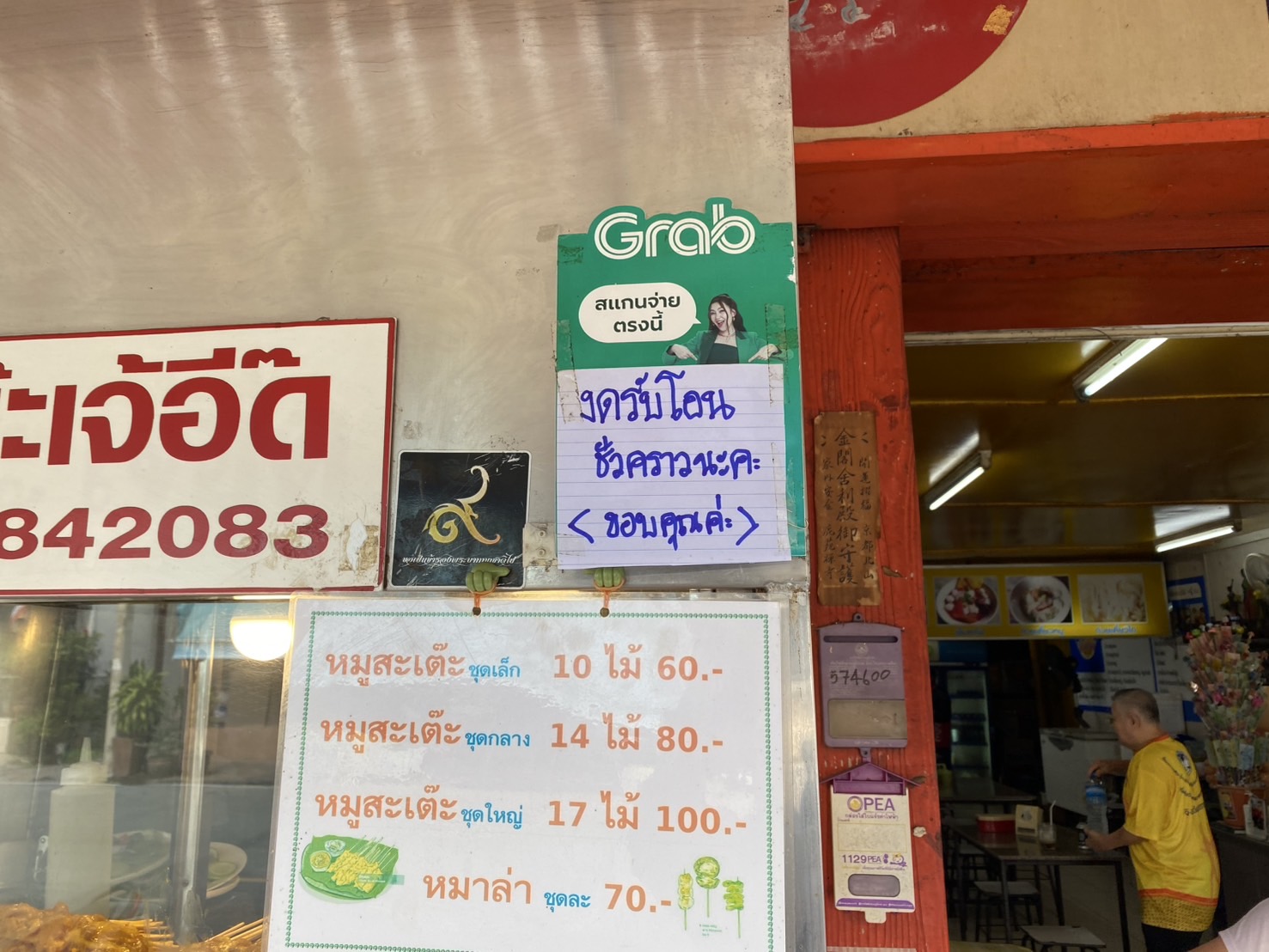
Officials Defend the Process
Police Lieutenant General Trairong Phiwphan, Commander of the Technology Crime Suppression Division, explained that account suspensions can occur for various reasons. Banks temporarily freeze transactions for verification purposes when accounts are suspected of being linked to money laundering activities.
He asked for public understanding of the authorities’ work, noting that officials are urgently discussing solutions with financial institutions to resolve issues, adjust criteria, and lift account freezes. The public can file complaints through the 24-hour hotline 1441 or direct line 095-425-7478.
Damage Control Mode
Recognizing the growing public outrage, top officials held emergency meetings on Monday. The Bank of Thailand, cybercrime police, and the Digital Ministry all scrambled to announce fixes.
The central bank promised to speed up the account unfreezing process dramatically. Instead of waiting the legally allowed 72 hours or even 7 days, banks will now process appeals within just 2 hours, with three review sessions daily at 11 a.m., 3 p.m., and 7 p.m.
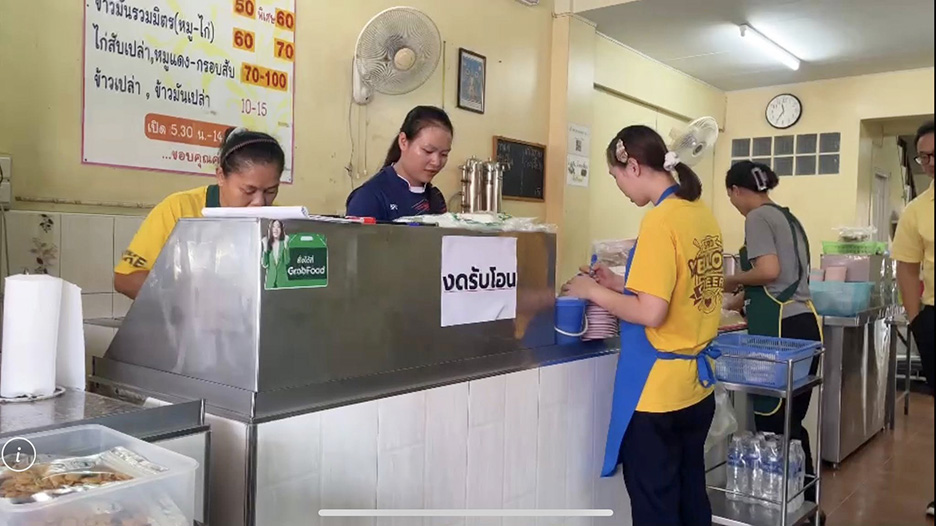
National Police Chief Pol. Gen. Kittirat Phanphet called an urgent nationwide meeting, summoning all provincial police commanders to Bangkok for face-to-face discussions. The message was clear: find a better balance between catching criminals and protecting innocent citizens.
The Bigger Picture
Thailand’s scam problem is real and serious, with billions of baht stolen from victims annually through sophisticated online frauds. The government’s determination to fight back is understandable, but the current approach has clearly overshot its target.
Officials are now promising new criteria by the end of September that will better distinguish between criminal accounts and legitimate ones. The challenge lies in maintaining the effectiveness of anti-scam operations while avoiding the collateral damage that has sparked this public backlash.
For now, thousands of honest Thais remain in financial limbo, waiting for bureaucrats to untangle a system that was supposed to protect them but instead made them suspects in their own banking system.
Source: Khaosod English

